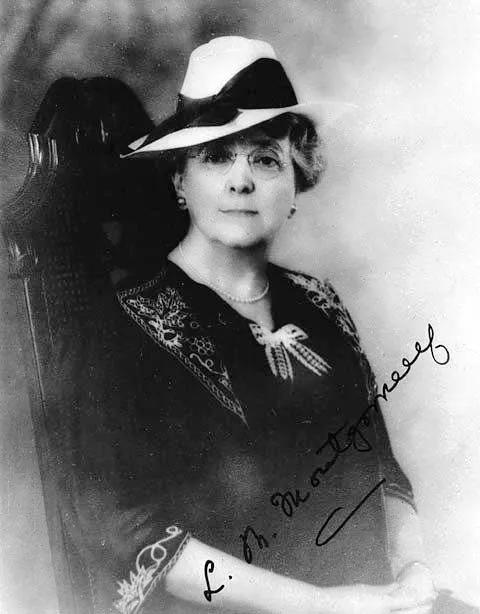
Name: Gerhard Domagk
Nationality: German
Profession: Pathologist and Bacteriologist
Birth Year: 1895
Death Year: 1964
Gerhard Domagk: Pioneering Pathologist and Bacteriologist
Gerhard Domagk, born on December 30, 1895, in Lagow, Germany, was a renowned German pathologist and bacteriologist who played a pivotal role in the field of microbiology and pharmacology. He is best known for his groundbreaking work on sulfa drugs, which revolutionized the treatment of bacterial infections and paved the way for modern antibiotics.
Domagk's journey into medicine began at the University of Bonn, where he studied medicine and graduated in 1920. After completing his studies, he moved to the Institute of Hygiene, where he started his research related to bacteriology, focusing on the mechanisms of infections and potential treatments.
His most notable contribution came in 1932 when he discovered the antibacterial properties of Prontosil, a red dye that was effective against streptococcal infections. This discovery was remarkable as it marked the first time that a drug could successfully treat bacterial infections, thus saving countless lives. In 1939, his contributions to medicine were recognized when he was awarded the Nobel Prize in Physiology or Medicine, although he had initially faced challenges due to the political climate in Germany during the rise of the Nazi regime.
Despite the recognition, Domagk's relationship with the Nazi government was complicated. His work at the Bayer company, a subsidiary of the IG Farben conglomerate, placed him in a position of prominence. However, he was also critical of the government's restrictions on medical research and free speech. Following his Nobel Prize win, he was initially said to be unable to accept the award due to political reasons, though he eventually received the prize in 1947.
Throughout his career, Domagk published numerous articles and books on bacteriology and pathology, contributing significantly to the understanding of infectious diseases and how to combat them. His work extended beyond Prontosil, as he continued researching other sulfonamide compounds, which were crucial in treating various infections during World War II.
Domagk's legacy is not only defined by his groundbreaking discoveries but also by his humanitarian spirit. He was deeply committed to improving public health and the well-being of individuals combatting infectious diseases. His efforts laid the foundation for antibiotic therapies that are still in use today.
Gerhard Domagk lived a long and influential life until his death on April 24, 1964, in Burgbrohl, Germany. He was not only a leading figure in the development of antibiotics but also an inspiration for future generations of scientists and medical professionals. His work continues to resonate in the fields of medicine and microbiology, emphasizing the importance of research and innovation in the quest for health solutions.





